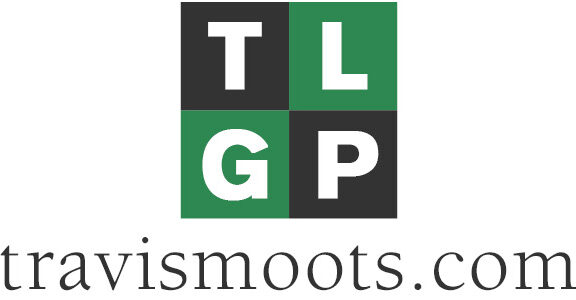Duel-enrollment has become an increasingly available option for juniors and seniors. Students can earn college credit while they are in high school by taking a class that counts as both a high school and college credit. Some students sign up for free courses (textbooks are not free or cheap) made available through their local community college. Many accredited Christian colleges offer online classes for college credit that should transfer to almost any college a student may choose to attend later.
Before choosing to take a dual-enrollment course, consider some factors that will help you know if this option is right for you.
-
Your College Goals. Why do you think it will benefit you to take college credit early? Some calculate that it will cost less money to take classes now rather than later. But that’s not true if the college you later attend would not have required you to take these courses in the first place. It’s important to think through your goals for college and what may possibly be your college major in the future. Even if you have not decided what your major will be, you can research the types of courses that potential colleges will and will not require for a general field of study.
-
Time Constraints. Remember that dual-enrollment courses are college courses that run on the college’s schedule, not your high school’s schedule. Your course professor will not care about your extracurricular activities or how much homework you already have this week. If you sign up for dual-enrollment courses, it will be time consuming. Be aware, and be prepared to commit.
-
Difficulty. Of course you should consider whether or not you can handle the level of difficulty in a dual-enrollment course, but you should also consider whether or not you want to handle it. Just because you can survive it does not mean that you will enjoy it. After one honors student completed a semester of dual-enrollment, I asked whether or not she would be signing up again for second semester. Her reply was, “I decided to wait to do college level work when I get to college.” For her, the rigor and course load was not how she wanted to enjoy the rest of her high school career.
-
Transferability. You need to make sure that your high school will also apply the college course toward their high school graduation requirements. Not all courses, especially those considered an elective, will help you complete your high school graduation requirements. Make sure you talk to the proper school officials before you commit to take a dual-enrollment course. It does you no good to have early college credits if you can’t graduate from high school on time.
-
Worldview. There are two issues to consider here. First, have you considered the worldview of the college offering the dual-enrollment course? Second, colleges’ worldview may cause your Christian school to deny acceptance of that credit. Christian schools are methodical about curriculum development and spiritual growth. If a college promotes a philosophy in direct opposition to the school’s beliefs, some courses may not be acceptable on the basis of religious objections.


